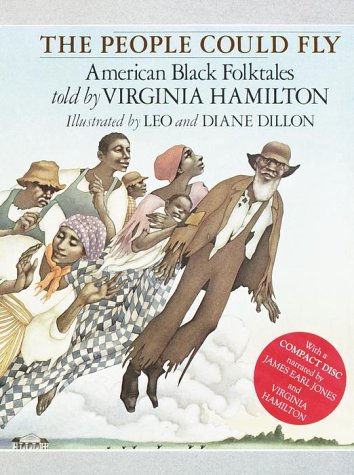
Poetry Presentation, fall 2007
LITR 5731:
Seminar in American Multicultural Literature

Poetry Presentation, fall 2007
Thursday, 30 August: The Classic Slave Narratives, ed. H. L. Gates
Poetry:
Jupiter Hammon, "An Evening Thought: Salvation
by Christ, with Penetential Cries"
Poetry reader / discussion leader: instructor
Biographical background:
"An Evening Thought: Salvation by Christ, with Penetential Cries" shows the opportunities and frameworks available for early African American literature.
The poem exemplifies the dilemma of how to express one's own voice within the confines of slavery. It sounds impossible, but devoted attention may pick up a voice coming through that may deal with both realities at once.
Objectives:
Objective 4: To register the minority dilemma of assimilation or resistance—i. e., do you fight or join the culture that oppressed you? What balance do minorities strike between economic benefits and personal or cultural sacrifices?
Objective 1c. To
observe alternative identities and
literary strategies developed by minority cultures and writers to gain
voice and choice:
· “double language” (same words mean different things to different audiences)
· using the dominant culture’s words against them
· conscience to dominant culture (which otherwise forgets the past).
How is Hammon using double language?
How does the language of Christianity transfer to political usages? How much may we be imposing our political perspective on a poem that may be only religious?
Given inevitable sensitivity regarding use of religious
literature in public schools, how attack or defend using this poem?
Extended questions:
Other examples of fusion between religious and political expression in African America? Why the greater tolerance than in dominant culture religion & politics?
Any examples of double language in the slave
narratives?
349-50 double language 262-3
Line 5: "Dear Jesus, we would fly to Thee"
Theme of "Flying Africans" recurs through African American legends and recent literature
